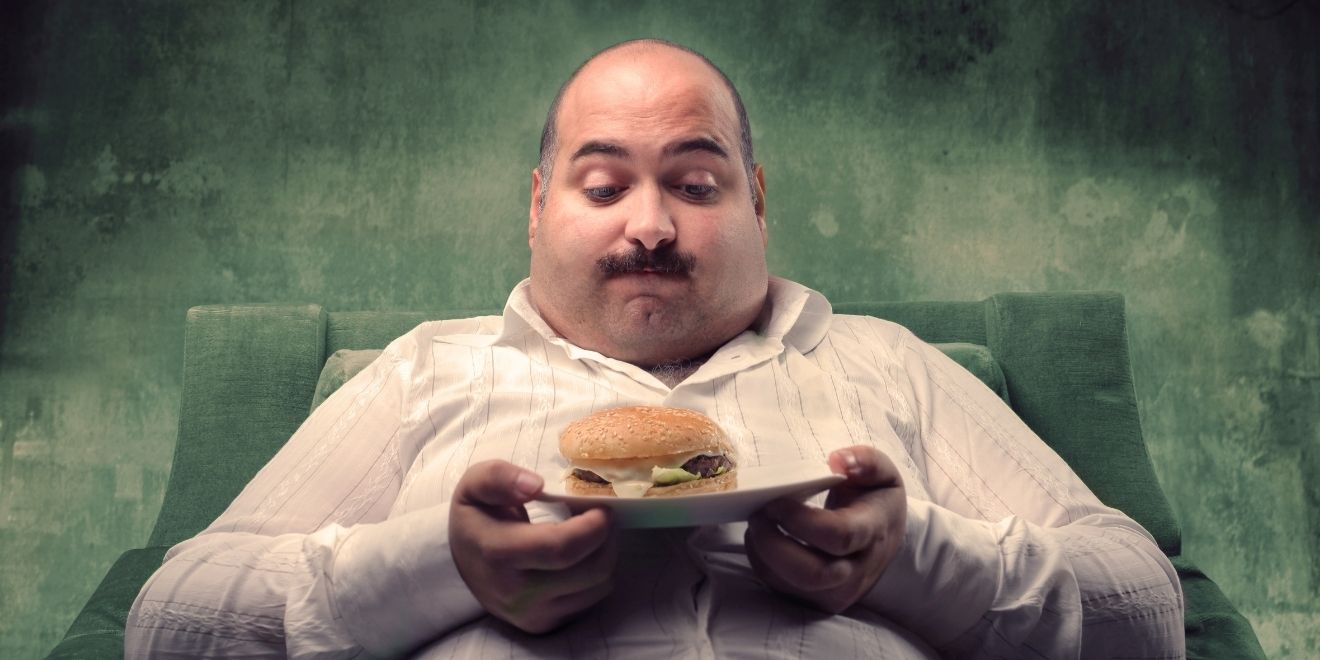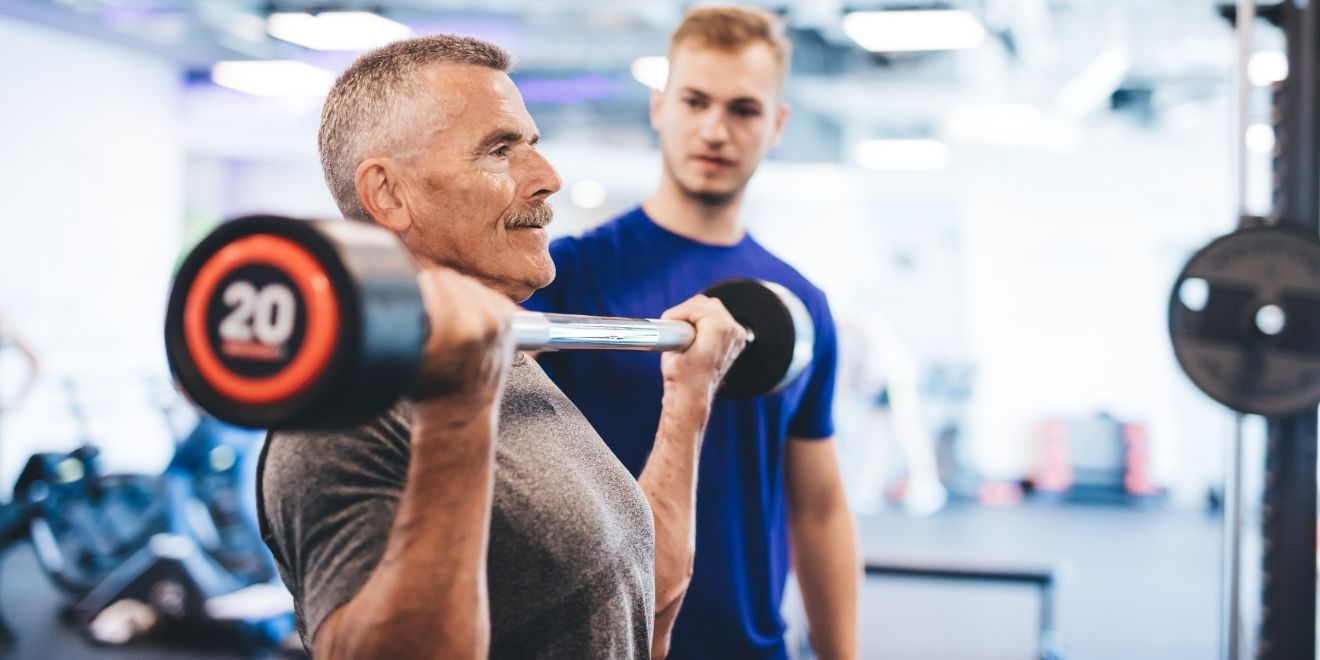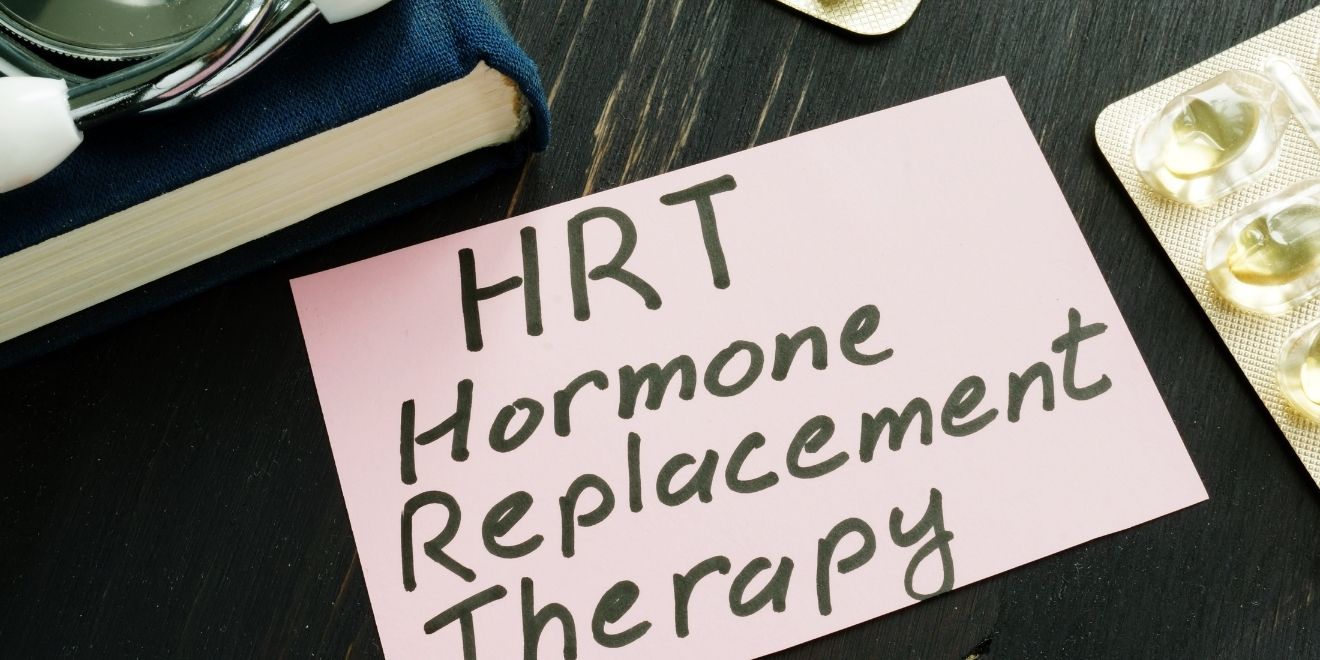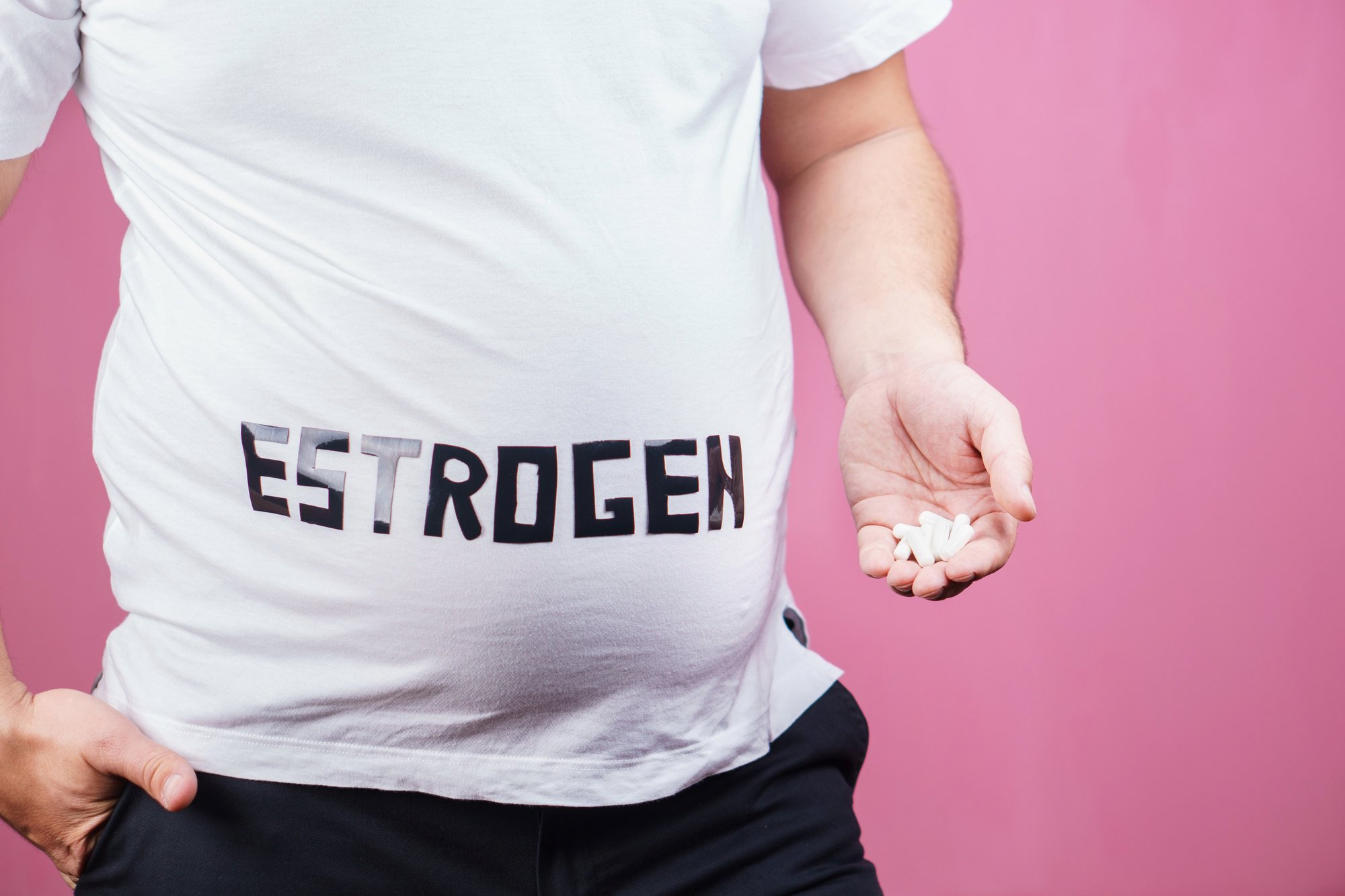
Male menopause is real and in this article, we’ll talk all about it. There’s no denying it – as we age our hormones change – and with this, men and women are on common ground.
The specific changes are not even close to being identical, but hormone changes are a natural part of the aging process that occurs with both genders. Women very often have an almost immediate change and it’s called menopause.
But do men have the same experience?
Is male menopause a myth or is it real?

In this article, you will not only discover that it is very real but also ways to stay empowered throughout the experience.
Menopause: The Meaning Behind the Word
When a man goes through menopause, it simply means that he is experiencing a lower level of testosterone and the effects are the result of the natural aging process.
In other words…
the meaning of menopause has nothing to do with your manhood or turning into a woman. That is a myth!
And the fact that “men” is the prefix of the word is interesting, but that has nothing to do with the meaning either. But it is often referred to as “men-all-pause” for the sake of humor.

Now that those myths are out of the way, here are the facts.
At age 40, most men begin to produce less testosterone, like the dramatic reduction of estrogen that women go through by the age of 50.
On average, the level begins to decline about one percent each year for men. You may have heard of it being called “low-T,” which has been more acceptable to identify with it. The correct medical term is hypogonadism.
Both men and women produce testosterone as well as estrogen.
Estrogen is not produced in high amounts in men, and testosterone isn’t produced in high levels in women, but both hormones are usually present in either body.
Testosterone is the hormone that is responsible for many of the characteristics that are associated with the male gender, such as facial and body hair.
Those characteristics are controlled by the brain and pituitary gland, which work in tandem and impact the amount of testosterone that is released by the male testes.
While an examination by a doctor can only definitively diagnose someone as having low testosterone, some symptoms are commonly associated with the condition. If you’re experiencing any of the symptoms listed below, you should speak with your doctor about male menopause.
Common Symptoms of Hypogonadism (aka Male Menopause)
- Low sex drive or infrequent sexual activity than normal.
- Decreased ability to have an erection or lacking spontaneous erections, primarily in the morning.
- Feelings of discomfort or swelling in breast tissue.
- Gradual height loss or low mineral density in bone structure.
- Experiencing hot flushes or nightly sweats.
- Increased levels of body fat and reduction of muscle bulk.
- Having feelings of irritability or mood swings.
- Decreased energy levels even while using energy enhancements, such as caffeine.
Men may also experience depression, sleep disturbance, prostate issues, poor concentration, or a decrease in motivation.

Now that you understand it’s perfectly normal, take a deep dive into what you can do about it.
Take Control of Male Menopause
For most men, the feeling of having a lack of control with your own body can be a scary thought, especially when it affects sexual desire.
However, the good news is that you have more control than you might realize, beginning with lifestyle habits. When you take control and adopt better lifestyle habits, it may not only improve your overall health but also your well-being and mental health.
Start with diet and exercise.
As the saying goes, you are what you eat. That is an indisputable fact.

Maintaining a healthy and well-balanced diet has a positive ripple effect on the body. And you just feel better knowing that you’re doing something good for your body.
But, more than that, when you choose healthy meals, such as lean meats, fish, and high-fiber vegetables, your body responds much differently than it does when you eat fast foods or fatty foods.
And specific foods, such as tuna, salmon, low-fat milk, egg yolks, oysters, and beans, are all foods that can be beneficial for maintaining good testosterone levels.
When it comes to exercise, slow and steady is the way to go. The most important part of any exercise routine is to break a sweat.
According to the American Heart Association, exercise should be vigorous enough that it increases your heart rate between 50 percent to 85 percent or 220 beats per minute.
You can successfully achieve this through an intense 30-minute workout or walking around the block a few times, rather than a 2-hour workout at the gym.

Exercising not only impacts the signals your body is receiving when processing testosterone but also helps to reduce stress.
Other ways to take control include:
- Maintain a consistent sleep pattern, even on the weekends.
- Lose weight if you’re overweight or clinically obese.
- Avoid excessive alcohol use and avoid drugs altogether.
- Be vigilant with observing the side effects of prescription medications.
- Add supplements and vitamins when appropriate.
Mental Health and Male Menopause
While there aren’t any known statistics or studies that correlate directly to mental health and low testosterone, taking care of your mental well-being is essential, especially during the aging process and as changes occur that affect your emotions and moods.
Having a higher sense of mental clarity and functionality is incredibly useful when dealing with any form of natural changes within the body. Mental health and physical health should always be part of any equation when trying to improve the body’s overall function.

When the mind, body, and spirit are aligned, you can combat things much more with ease.
Maintaining a healthy balance produces many other useful hormones in the body, including higher amounts of dopamine, which has been proven to increase feelings of pleasure and has a significant impact on the way that you think.
Hormone Therapy
Sometimes lifestyle and diet changes alone don’t produce the desired outcome that you want.
If you and your doctor aren’t seeing positive results from the lifestyle changes that you’re implementing, then it may be wise to investigate hormone therapy. It has been proven effective for increasing levels of testosterone and reducing the effects of the symptoms previously discussed.

The most common type is therapeutic hormone replacement (THR). Although there are side effects associated with THR, it is regularly recommended for men who have deficient levels of testosterone, and it is considered a safe treatment option.
The options for THR (therapeutic hormone replacement) include:
- Testosterone Injections
- Patches
- Topical Gels
- Injectable Pellets
These options can be customized to fit many different forms of delivering the treatment and the dosage level. Because no two men are alike and the level of deficiency is always different based on your health and pathology, your doctor may need to go through a trial-and-error method until the right treatment works for you.
Women – Here’s What You Can Do About It
If you’re in a relationship with a man as he is going through male menopause, he must be supported the same as you hope to be as you’re going through menopause. This is a time when he needs to know that you’re by his side more than ever.
A man’s ego is a large part of how he views himself. While that may be superficial, as he is experiencing these changes, it is not a time to remind him how unimportant his ego is.

If there was ever a time when a man’s ego is perfectly fine to hold onto, this experience is it.
One of the leading causes of suicide is a feeling of unworthiness. A man needs to feel as though he makes a difference with everything he does.
As a man goes through this complex experience, he will undoubtedly get confused or angry. He may even fall into self-pity. Telling him to “snap out of it” is the wrong way.
The below tips are helpful to ensure he knows that you not only support him, but you also want to understand.
- Make sure he attends all doctor appointments.
- Go with him to the doctor’s appointments. If possible, ask questions.
- Be willing to take on more responsibilities to lessen his stress.
- Don’t judge while he’s sharing information about his experience – Listen.
- Take the initiative and plan date nights or quick getaways.
- Don’t ask him how he’s feeling. “Okay” is not a sufficient answer. Ask him “what” is he feeling?
- Use humor to get through difficult moments.
- Don’t keep score, regardless of the things that you do, and he doesn’t.
- Give him space and don’t take it personally if he seems detached.
What do you get out of this?
Besides being supportive and showing true compassion for the person you care about; you can become closer to your man. Often, women want men to open and show their vulnerability.

Don’t take this opportunity for granted.
The following is my TEDx talk entitled, “Why Vulnerability is a Human Thing”
[embedded content]







